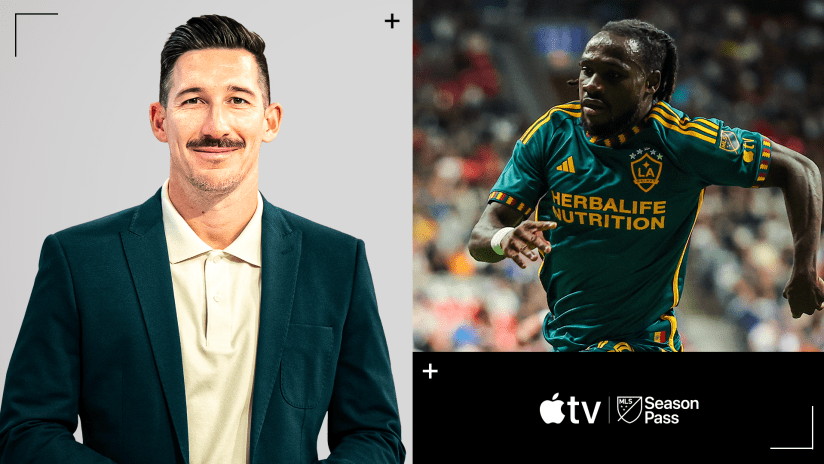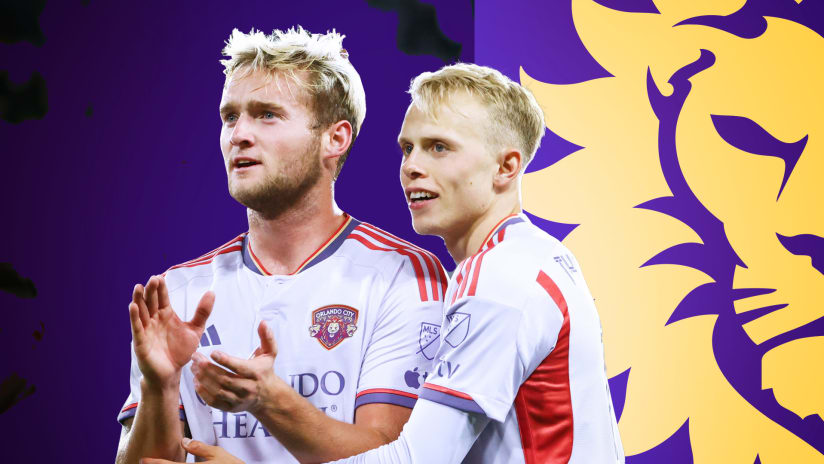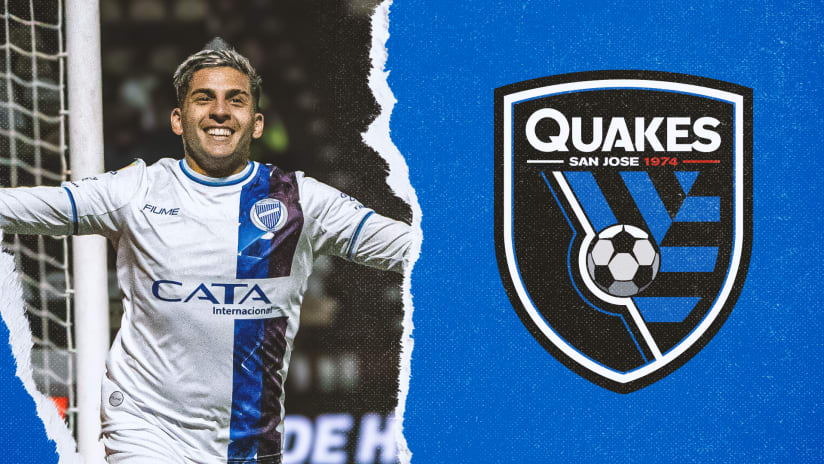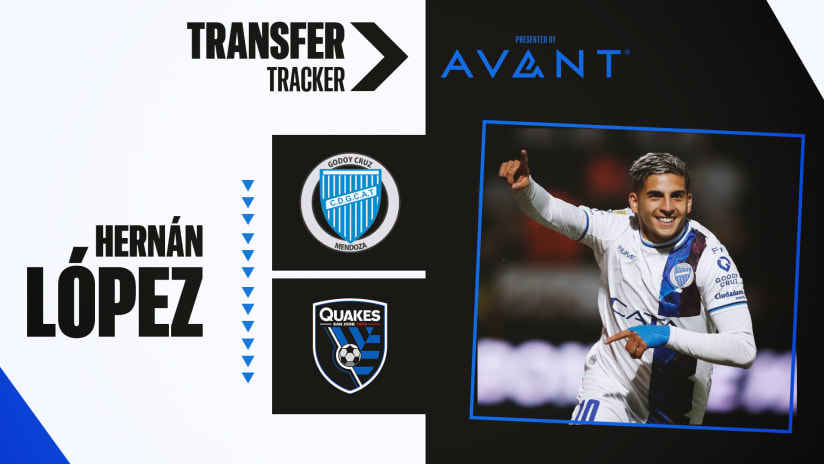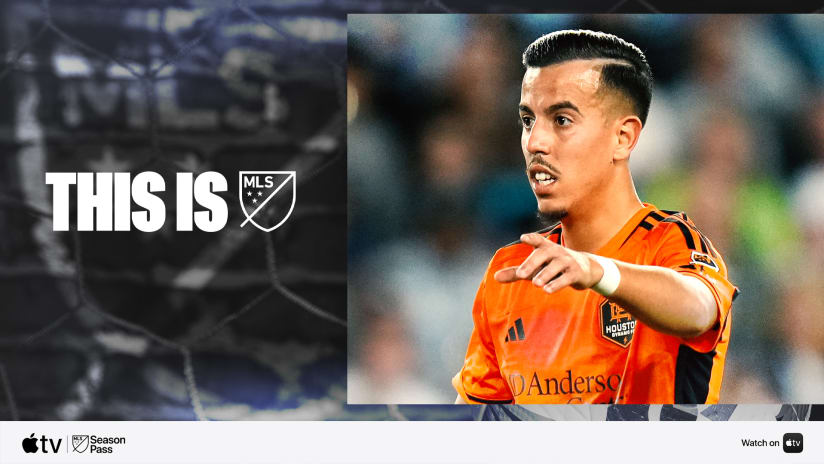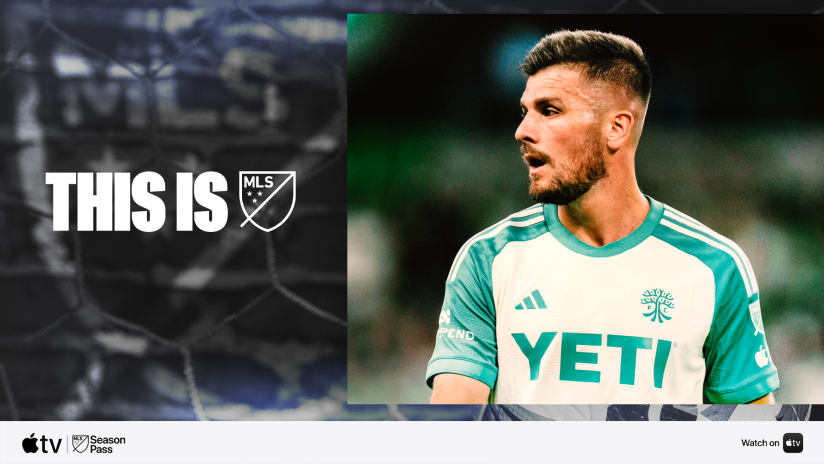ORLANDO, Fla. – Fans wanting an early declaration on the name and even location for Orlando City’s newly-announced USL franchise are going to be disappointed, as the team insists it will take its time over the next key decisions.
However, it seems likely the new team will not be based in Orlando itself, but somewhere nearby in Central Florida as City bids to make itself the dominant soccer influence in the region.
Tuesday’s sudden announcement that Orlando is ending its one-year USL affiliation with Louisville City and starting its own feeder team in US soccer’s third tier in 2016 took even seasoned local sports watchers by surprise.
But there will now be a pause in the young franchise’s burgeoning assault on the Southeast sporting landscape, as Vice President of Development Tim Holt explained during half-time of the Lions’ 2-0 US Open Cup win over Columbus.
“We’re going through a process of exploring different options throughout the Central Florida region,” he said. “Certainly playing in Orlando is one option, but anything within a 60 to 90-minute drive could be an option for us. I would say it would be September, October, before we get these things locked in.
“The most important thing is finding an appropriate venue for this team. We want something that’s intimate for fans but big enough to meet league standards, so you’re looking at a 5,000 to 10,000-seat stadium. We want the fan experience to be as good as it has been throughout Orlando City’s lifespan so far.”
Possible options for the team-to-be include Eastern Florida State College in Melbourne, which is 60 miles away to the east, the under-construction Seminole County Sports Complex 27 miles to the north, and even an expansion of the team’s current extensive training facility, which is also in Seminole County.
Holt also insisted the two teams must not compete for fans, while the new franchise will need to help grow the area’s rapidly-increasing hunger for the sport as a whole.
“Obviously, we need to be very deliberate about when and where we play the games,” he added. “We don’t want to be competing against ourselves, we don’t want to cannibalize our own fan base.
“That could occur if you don’t manage it properly, but we think in this region, as big as it is, as big as the appetite is for entertaining soccer and a great night out, that we can manage that so both teams thrive.”
The key factor for City is for both teams to be able to train together and for players to switch from one team to the other with maximum flexibility.
This issue had become a sticking point in the early association with Louisville because of Orlando’s injury problems and international call-ups. Only striker Sidney Rivera has so far been able to go on loan to the Kentucky team, and the Lions were reduced to less than 18 available players on several occasions in the first couple of months.
Conversely, fringe players like Harrison Heath, young US hopefuls Tyler Turner, Tommy Redding, and Conor Donovan, and Portuguese midfielder Estrela have all been warming the bench in Orlando – by necessity – rather than getting on the field in Louisville.
Holt confirmed this need to be more in control of player development was uppermost in the sudden change of tack, and head coach Adrian Heath underlined the impetus to make the change.
“It is going to be invaluable for us moving forward,” the head coach explained. “The most important thing is that we will be able to get players minutes next year. I look at Tommy Redding and Harrison, Tyler. These kids have barely played this year and it’s not good for them.
“They need to be playing minutes so, when they do get an opportunity, they can actually show what they can do.”
And, while Heath and his fellow coaches were the biggest advocates for the move, Holt – the former USL President who joined Orlando in May – revealed all the club’s senior executives were fully behind the decision.
“It was almost universal that this needed to happen,” he said. “The technical side has driven it, which is the coaching staff and [General Manager] Paul McDonough, but no less enthusiastic are [owners] Phil [Rawlins] and Flavio [Augusto da Silva] and [CEO] Alex Leitão.
“I certainly didn’t throw cold water on it when I came in here, because it makes all the sense in the world and this is where the progressive clubs in this country are headed. Our goal is to do it better than anyone else.”
Holt also explained that the sudden nature of the change had been brought about by the pace of development in league terms, as well as soccer as a whole.
“I think when the club entered into MLS, it made sense to affiliate with Louisville City,” he admitted. “But things change very fast. The professional soccer world is evolving at warp speed, and for us to be able to keep up and be seen as one of the more progressive clubs in MLS, more and more teams are doing their own stand-alone teams.
“I think we can do what it takes, create a unique identity for this particular team, for the USL team, and get all the player development that we’re talking about that makes this make sense.”



